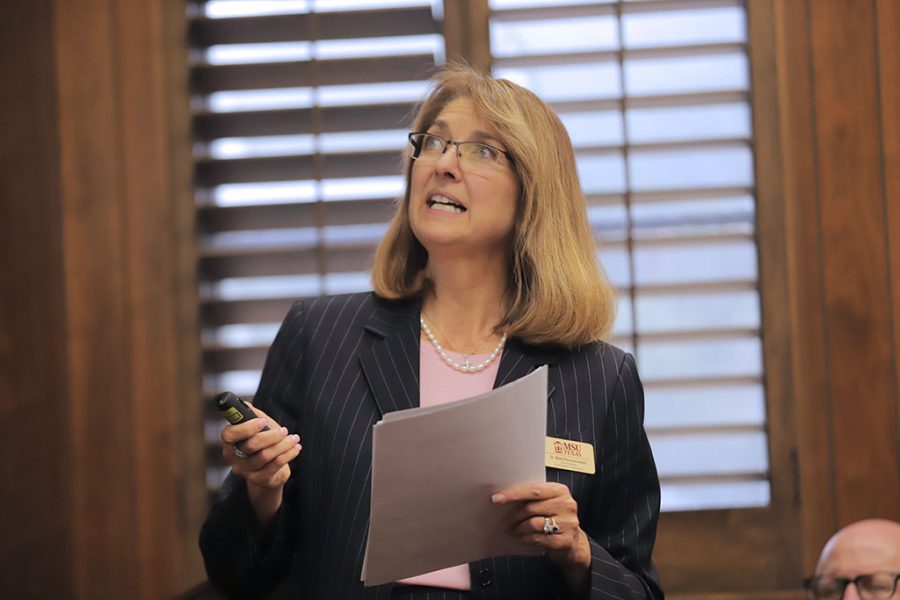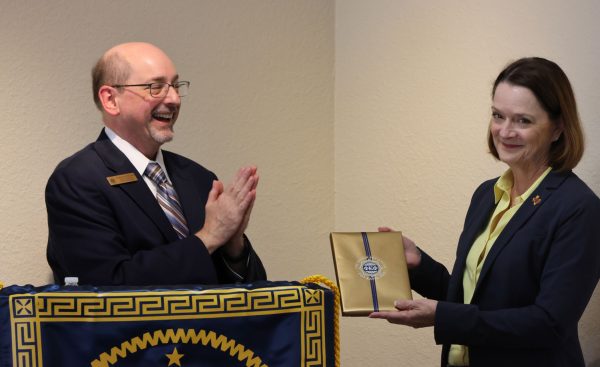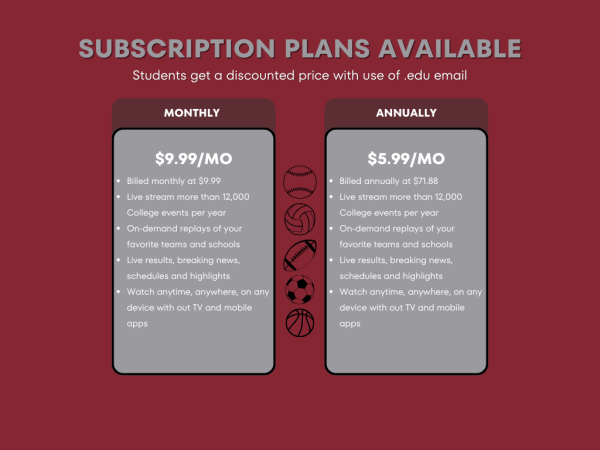New vice president of administration and finance: Q & A
Vice President of Administration and Finance Beth Reissenweber delivers preliminary informatiion regarding the FY 2019 end-of-year report at the Board of Regents meeting. Nov. 7. Photo by Bridget Reilly
The university welcomed the new Vice President of Administration and Finance Beth Reissenweber this fall 2019 semester. Originally from Chicago, Illinois, Reissenweber said she has always been interested in helping others and is excited to bring her expertise to campus. In the past, she worked for non-profit organizations but wanted to grow, so she moved to higher education. She said she hopes to help the school grow and build onto her predecessors.
Q: How does it feel to be the new Vice President?
A: “It’s wonderful to be at MSU Texas. I’m so impressed by the professionalism here on campus, the can-do attitude — which I think permeates the culture of MSU and maybe even Texas, definitely Wichita Falls — [and] how welcoming everyone has been.”
Q: What do you love most about MSU Texas?
A: “I was drawn to the people. It’s always about people, especially in higher education and at a university. The campus [has] the promise of being in a community that values and supports the university. I think Wichita Falls is a great partner and really is proud to have MSU here; I think that’s pretty special.”
Q: As the new vice president, what are your plans?
A: “My plans are to build upon the fine work of the financial officers that preceded me because they’ve led us to this point. Now, it’s my opportunity to go forward. My plans are really to learn about the institution, its history, its culture — to understand how we got here is really important — and then [figure out] what makes sense for the future. It’s sort of that foundation that grounds us and brings us together for the mission. I value the time that people have already given to me in sharing their stories. It’s the value and the talent that comes to the table, and I just think that’s remarkable.”
Q: What was the journey that led you here?
A: “I’ve always been interested in serving others. In my career, I’ve worked in religious organizations, in social service, legal service organizations, and now, in higher education. All [of these organizations] are mission-focused, so I’m interested in how I can share what I know and [share] my talents and my gifts with others. I love higher education because I think higher education is really important to the life of an individual, allowing them to be the best and to aspire to those things that are important to them [that] will make their lives full. Now, at MSU, what I like is the opportunity to learn and be challenged even more.”
Q: What are some of your goals as vice president?
A: “My main goal is to develop that deep knowledge of higher education, funding and compliance, and to learn about MSU. The first 90 days are about understanding the new place I’m at, what makes it work, what are the opportunities, to listen, to observe and then offer suggestions, recommendations or share my expertise as soon as I can in a way that makes sense to a group. It’s a little early to set goals because I want to hear more from the community [such as] what are the goals that the community sees? I do know my [broad] overarching goal is to enhance the financial health of the organization.”
Q: What are some of your achievements?
A: “In terms of achievements, I think I have been doing this work for a long time and I love it. I’ve demonstrated an ability to build financial health and well being. To think about our work so that it’s sustainable and improving, really building the financial health and well being, [as well as] developing these campus projects that have lifted the student experience… I’ve done small projects and large projects, but what I try to do is ensure that as we do our work, we are lifting broadly, not focused on one but have a sense of all so that when we do our work, it’s going to touch everybody.”
Q: How are you involved with students?
A: “Our promise to students is they will come and have a good education, and they will go on and aspire to the things they are looking to do. I’m very student-focused; my work is about the students, it’s not about me. I see students at the core of my work and then surrounding that core is the faculty and those that provide direct support to the students. It’s not about me, it’s about them who’ve sort of embraced that core of students so that you can all be successful and achieve your dreams. That’s how I see the world — it gives me a purpose and that’s what drives me.”
Q: What would you like to tell the students?
A: “This is broad but it’s important: I want to tell students to participate. Make the most of this experience because it’s more than just in the classroom, it’s out of the classroom. Participate in other learning venues, attend a theater performance or a music performance or a lecture. Make the most of this because when you come to college there’s so much here. My second word is engage. Engage in this work, meet friends, do projects together, seek out faculty if you have a question, engage in the student services that are here, don’t do it alone. You have to study hard and do your best, but you are doing it within a group. You’re building your community and that will carry you through and I think that’s powerful.”
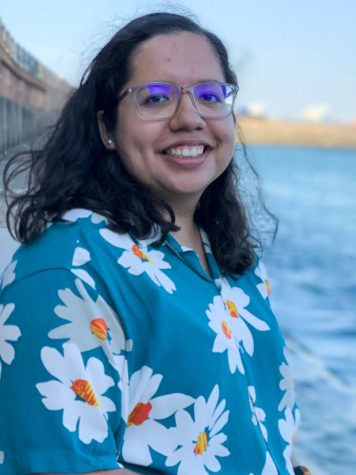
Hello! My name is Stephanie Robledo, and this upcoming fall will be my third year with The Wichitan. Previously, I was news editor, but this time I’m...
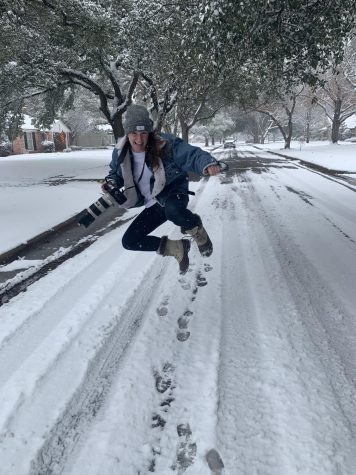
Heya! My name starts with Bridget and ends in Reilly. I moved to Wichita Falls five years ago from New South Wales, Australia. In December 2020 I will...



